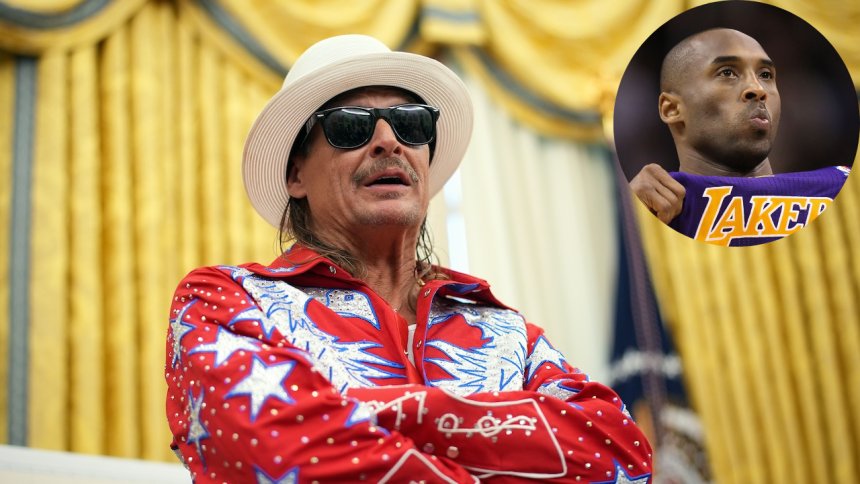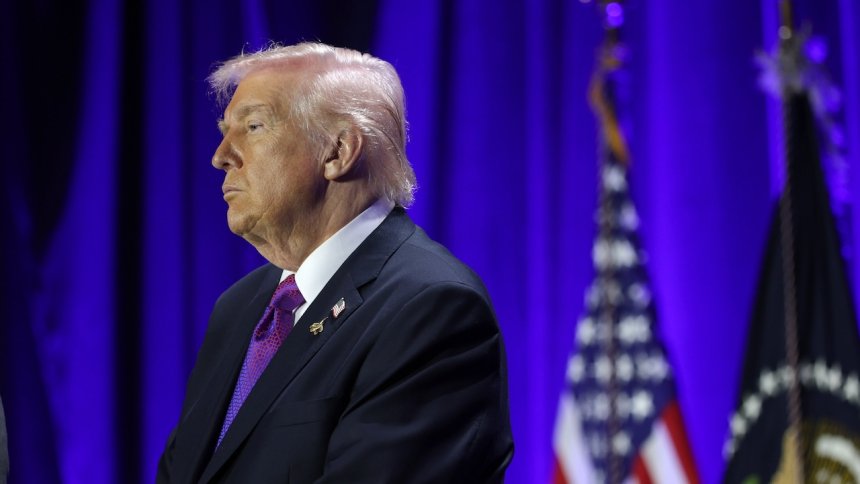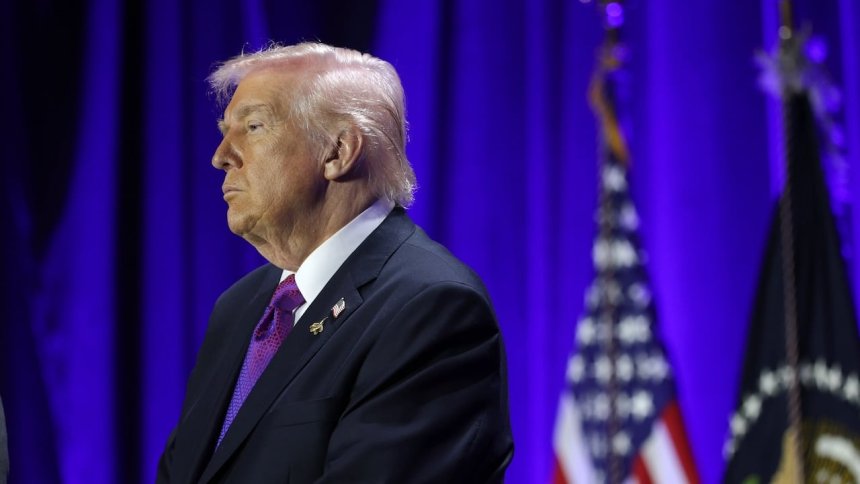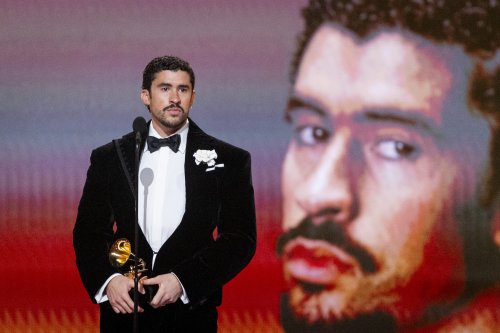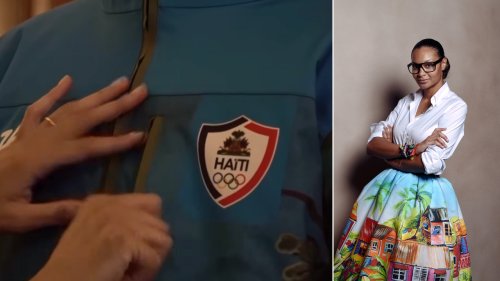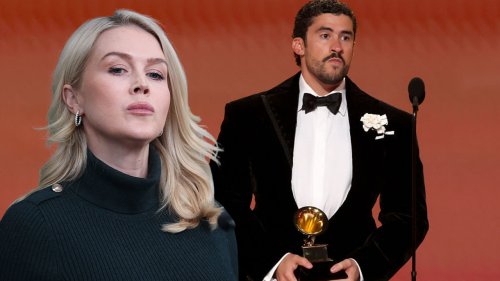‘Me Too’s’ Disruptor Council is Tarana Burke’s next step in the fight for survivors
With voices like Viola Davis, Gabrielle Union, and Ayanna Pressley, the Disruptor Council is pushing Me Too’s mission forward. Eight
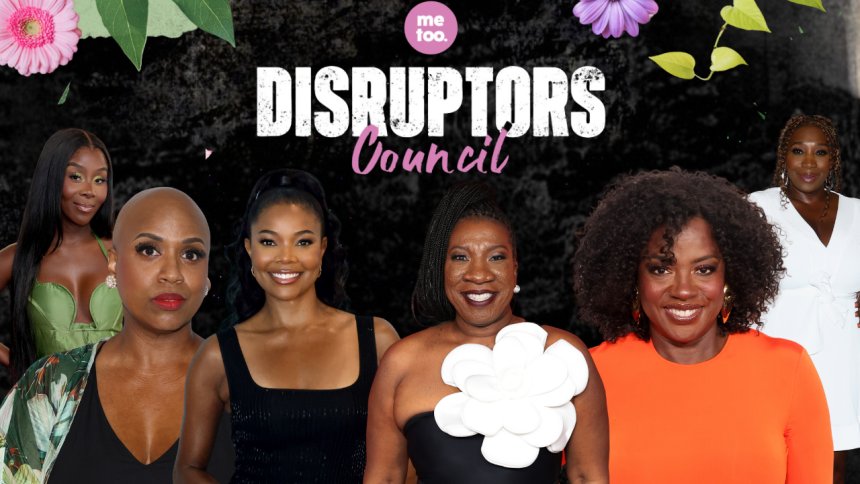
With voices like Viola Davis, Gabrielle Union, and Ayanna Pressley, the Disruptor Council is pushing Me Too’s mission forward.
Eight years ago today, the “Me Too” hashtag became a global rallying cry for survivors of sexual violence. Now, the movement is stepping into a new era with its inaugural Disruptor Council, bringing together artists, activists, and leaders committed to ending sexual and gender-based violence once and for all.
“What we’re trying to do with this Disruptors Council is have ambassadors who can bring that message to the world and say, ‘Listen, we’ve been talking about, thinking about, looking at trying to understand sexual and gender based violence for years. What we know is that there are solutions. We know we don’t have to live in a world where this exists. This is solvable, and we are some of the people on the front lines committed to making sure that we find solutions,’ “Me Too” founder Tarana Burke told theGrio.
The council’s lineup of Viola Davis, Gabrielle Union, Congresswoman Ayanna Pressley, and other changemakers marks a new chapter in collective action. It reminds us that dismantling sexual violence means confronting the systems, policies, and cultural norms that allow it to thrive.
With reports showing that 1 in 3 women experience gendered violence, and high-profile cases like those involving Sean “Diddy” Combs and Jeffrey Epstein dominating headlines, Burke says we’re at a “pivotal moment” that reveals how widespread this crisis really is.
“As we are watching, you know, the erosion of women’s rights, the erosion of reproductive rights, and every other right under the sun, what often happens is that people in moments like this—where there’s moments of crisis—sexual and gender based violence gets pushed to the side, as sort of an aside issue that we can deal with when we have the time,” she explained. “People need to realize, first and foremost, that sexual and gender based violence exists in every fabric of society, whether you are in the church or the courtroom, a classroom, or a boardroom. Sexual and gender based violence exists everywhere. It doesn’t discriminate. There’s no race, gender, class, creed that doesn’t deal with it. There’s no industry that doesn’t deal with it.”
No matter how much people try to push it aside or act as if the movement is “done,” Burke stresses that “Me Too,” like the “Black Lives Matter” movement, is still very much alive. The founder emphasized that movements, as the word suggests, are constantly in motion.
“[Injustices] don’t come to a dead halt,” she explained. “I think that people, because they don’t understand movements, are like, ‘Well, we have this whole big wave of ‘Me Too.’ And everybody felt like they were so excited about it, and they were so interested in the issue. Why are we still having this issue? And so when something comes up in the media, people are like, well, where’s [the] ‘Me Too’ [movement]?’”
She continued: “What people need to realize is that this is actually the evidence of a movement. That you hear about it in the news, that you see people paying attention to it, that you see people even being attempted to be brought to justice is evidence that there’s a movement. You don’t get a Harvey Weinstein or Sean Combs into a courtroom without a movement.”
And while accountability is a big part of seeking justice for survivors, Burke says the movement is “bigger than trying to catch people,” it’s also about supporting survivors who have to bear a trail of hurt and trauma afterwards.
“We have to listen to every survivor. They deserve investigation. Let us [survivors] tell you what we need and what we want,” she shared. “A big part of ending sexual violence is intervention and prevention. Another part of that is making sure that people who have experienced it have what they need to heal: the resources and the community.”
That healing goes beyond rape crisis centers, though those are important and should be well-funded and available. It’s equally important to make space for people to heal, especially when survivors often have to exist in the same spaces they were harmed, according to Burke. With the Disruptor Council, Burke hopes survivors see proof that people across industries truly care—that they see industry leaders saying, “I care about this issue. I care about the people who have experienced this issue. I’ve experienced it, so I know what it feels like.”
To do so, Burke and “Me Too International” worked to create a council that reflects the diversity of survivors. The council includes a diverse mix of leaders: Michelle Buteau, Bevvy Smith, Breanna Stewart, Cliff Albright, Jessie Woo, Kier Gaines, Marley Dias, Samantha Barry, Padma Lakshmi, and Ai-jen Poo each using their unique platforms, gifts and talents to advocate for this issue whether it be through content, partnerships, events, campaigns or more.
“Black women have the second highest rate of sexual violence experience in this country, and are grossly misrepresented and underrepresented in the conversation. Indigenous women are grossly underrepresented. Trans women are grossly underrepresented. So we want to make sure we had [diverse] voices and industries, so that people understand the diversity of the issue,” Burke explained. “It’s sort of the great equalizer. Whether you are an A-list Oscar-winning actress, in the WNBA, or running a huge nonprofit, and the great equalizer is that we can’t get past this issue. You can be as empowered as you want. It’s not going to make you safe, right? We can accumulate all the power in the world. It does not guarantee safety.”
“I speak up because change starts with raising our voices and standing for what’s right,” Union shared in a press release. “I disrupt by challenging the status quo in ways that create opportunity, understanding, and progress for everyone.”
Davis echoed: “I raise my hand as a survivor and the daughter of a survivor. I raise my hand to be seen and to break the silence and invisibility of sexual assault…to destroy the stigma, the shame and reclaim our worth. I’m proud to be a disruptor.”
“So there’s another message in the diversity of people that says, ‘These are people at the top of their industry, at the height of their craft, and they recognize that none of that is going to keep them or the people who they love safe if we’re not making a concentrated effort to make them safe,’” Burke added.
Ultimately, the council, like “Me Too international,” is designed to push the needle forward in finding solutions to sexual and gender based violence and encourage communities to “talk about it differently. Think about it differently, make different demands.”
Share
What's Your Reaction?
 Like
0
Like
0
 Dislike
0
Dislike
0
 Love
0
Love
0
 Funny
0
Funny
0
 Angry
0
Angry
0
 Sad
0
Sad
0
 Wow
0
Wow
0
